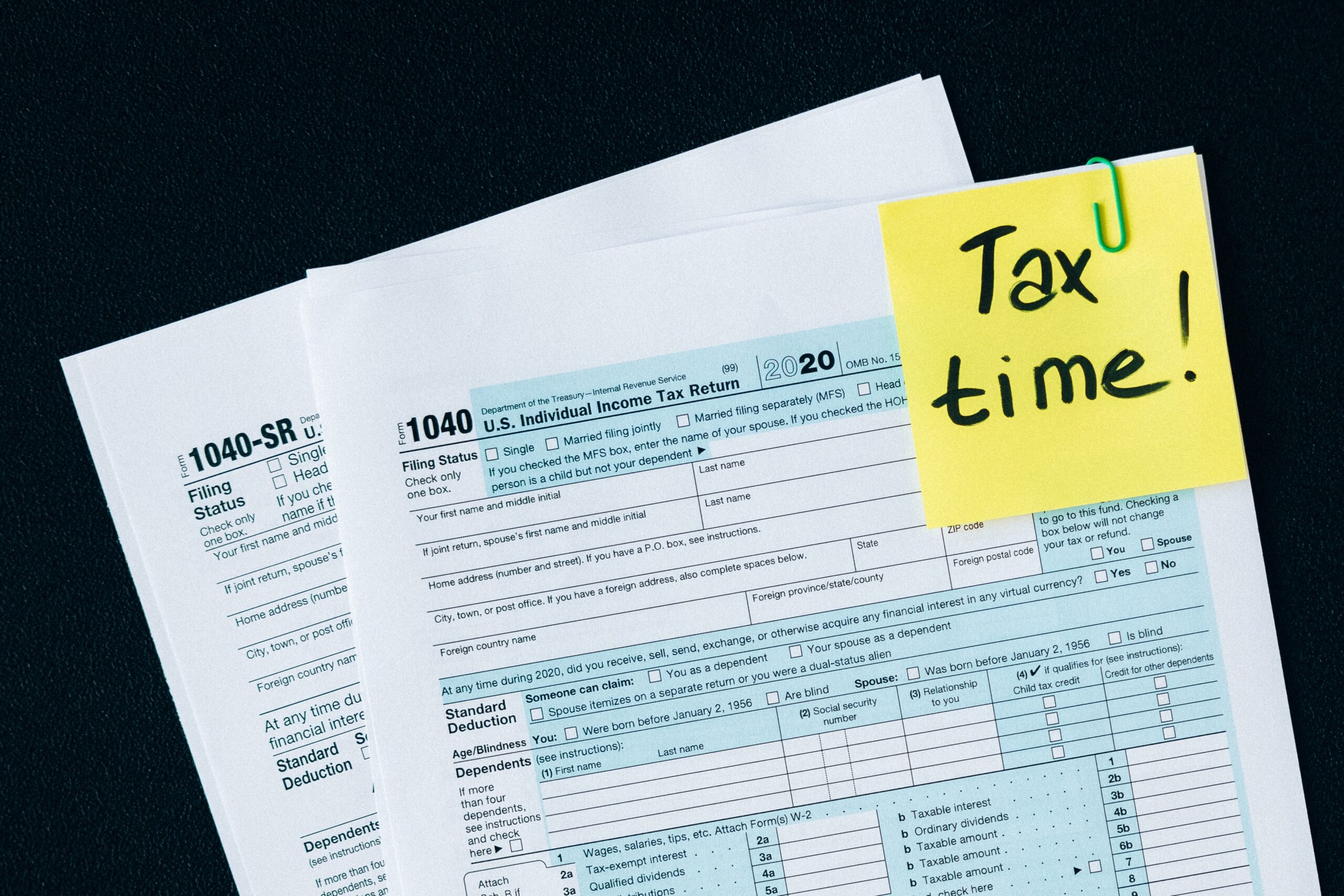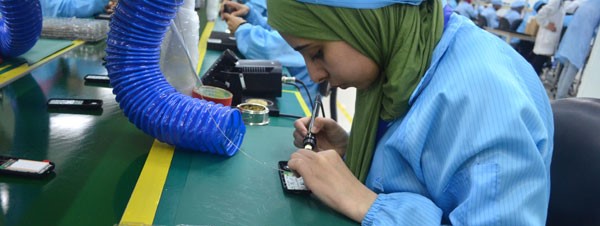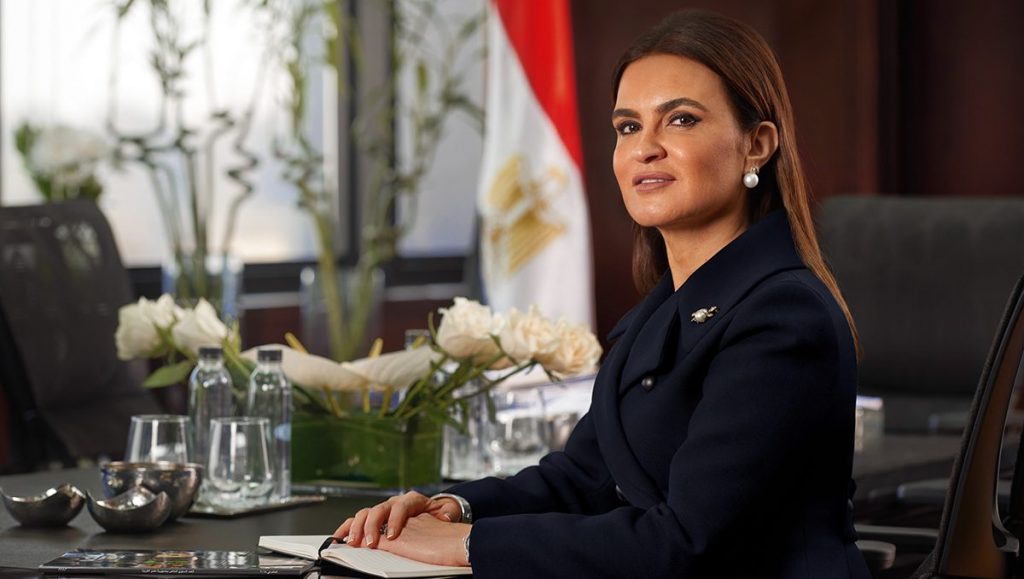For decades, walls of buildings in Egypt’s narrow streets have been covered with posters promoting names and contact information of private tutors and centers. Promotional signs targeting students read: “Shakespeare of the English language”, “Pythagoras of mathematics”, and “Einstein of physics!”
Will those signs audaciously remain visible on the streets after Egypt’s tax authority imposed income taxes on any tutor who gives private lessons or courses?
“The giants of chemistry and the legends of physics … you must go to the nearest tax office within a month from now,” an online statement by Egypt’s Finance Ministry read on November 3.
Can illegal tutors be taxed? 
Tutors providing private lessons at centers, associations, halls, apartments, or online are required to go to the tax office to create or update their tax files to reflect their income from tutoring, head of the Egyptian Tax Authority (ETA) Reda Abdel Qader said in a televised interview, adding, “abstaining from opening a tax file will be considered as tax evasion even for individuals giving private lessons at home.”
“This comes in line with the Finance Ministry’s and the tax authority’s keenness to integrate the informal economy into the formal one, and [conduct] a more accurate inventory of the tax community,” says Abdel Qader.
The tax rate ranges from 2.5% to 20%, based on income brackets. Tutors and centers with net profits of less than EGP 15,000 are exempt.
Obliging unlicensed centers to pay tax on their activities does not mean acknowledging their legal status, Abdel Qader notes.
In 2018, the Education Ministry launched a campaign to shut down unlicensed private tutoring centers for school students. Around 97,500 centers were shut down between December 2020 and September 2021, according to a statement by the Local Development Ministry.
Amr El-Monayer, a former deputy of the minister of finance and an expert on international taxation, points out that it is non-negotiable that a person making profits has to pay taxes, but the real question is determining the mechanism for enforcing compliance.
“It would make little sense to ask those involved in illegal activities to register with the tax authorities and pay taxes since their activities were already outside the law,” he says. Should such people be caught, their assets would be confiscated and appropriate taxes calculated, he adds.
El-Monayer says that the move to impose taxes on the centers echoes the ETA’s recent decision to tax YouTubers and other online content creators, describing the decision as a “shot from an unprofessional shooter,” unlikely to hit its target.

Frazzled families
Despite the government’s efforts to limit it, private tutoring has grown in recent years owing to the deteriorating quality of education in many schools, especially in the public sector.
“Private lessons are the consequence of bad education at school,” said Mohamed Abouzeid, a father of three schoolchildren.
The roots of the problem are crammed schools, complicated curricula, inefficient teachers and an educational system based on rote learning and exams, he says. “Change all of this and private lessons will stop existing.”
Abouzeid, who works as a real estate broker in Cairo, said outside-school tuition costs him about EGP 3,500 per month. “As parents, we are not happy with spending more of our money on private lessons amid our economic problems, but we have no option in this. First, the Education ministry should fix its schools before it crackdowns on private lesson centers and tutors.”
Taxing tutors will likely increase private lesson fees on parents, says Osama Medhat, a secondary stage home tutor in New Cairo, adding, “Families will be disappointed to hear that, but what can we do?”
Medhat’s English lesson fees stand at EGP 250 per student per lesson. “With taxes imposed, I might have to spike it up to EGP 400,” he says.
The cost of private lessons has become a burden on many Egyptian households. Household expenditures on tutoring at the primary, preparatory and secondary levels accounted for 1.6% of Egypt’s GDP, according to a report by the Egyptian Center for Economic Studies (ECES). Average fees per student amount to EGP 30,000 ($1,909) over the 10 months of the Thanaweya Amma academic year, the final year of schooling, including private lessons that may consume up to 33 hours a week.
Egypt’s official statistics agency CAPMAS reported that almost 40% of Egyptians’ annual spending on education is directed to private tutoring, notably higher than school fees and expenses, which account for 31.9% of annual education spending.
The prevalence of private tutoring will remain as long as teachers are not fairly compensated, Member of House of Representatives Muhammad Abdullah Zain al-Din told state newspaper Al Ahram. “The pandemic has put great strains on teachers. Many were even laid off so they resorted to home tutoring during these tough times. It doesn’t seem like it will stop anytime soon.”







